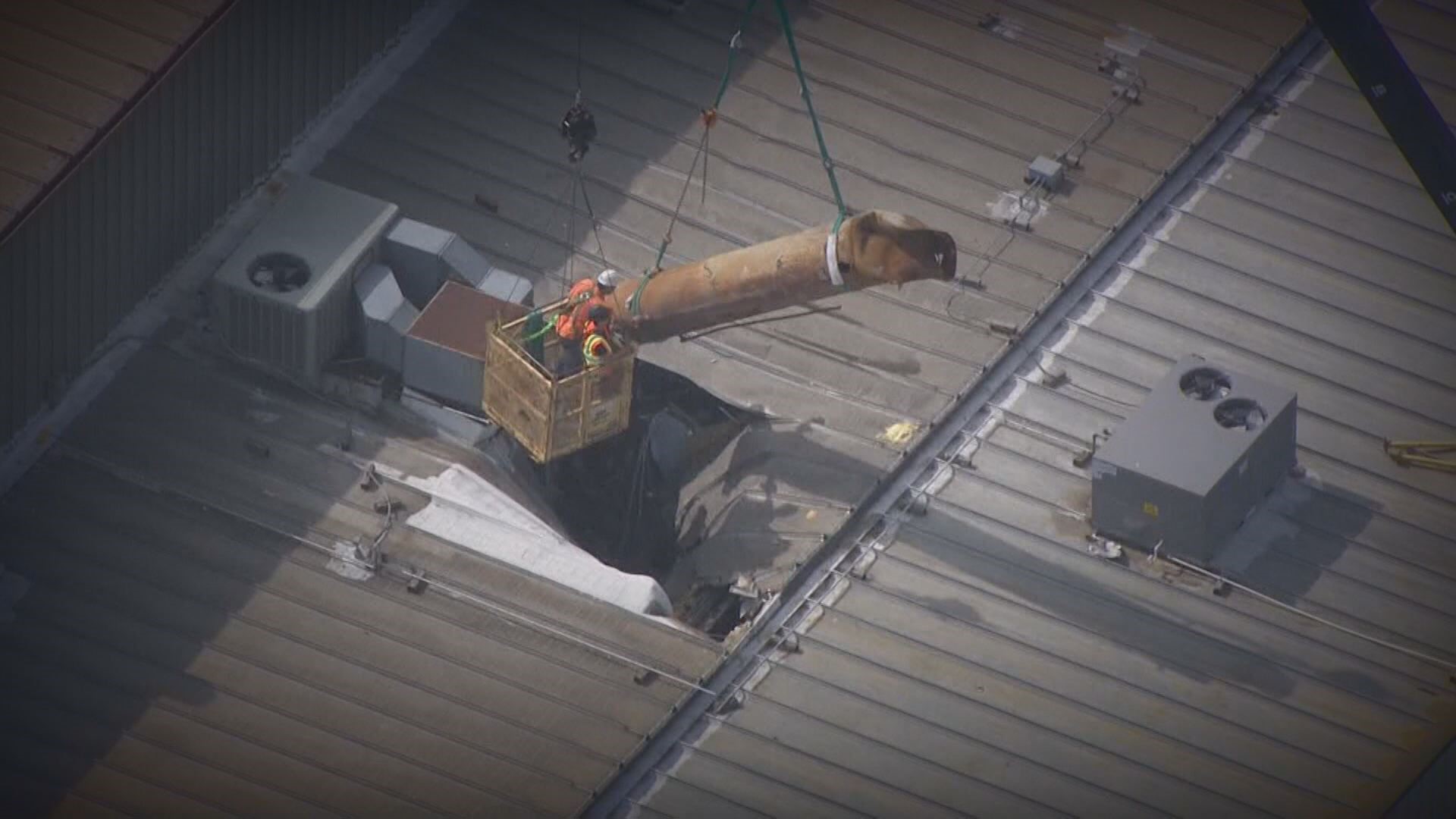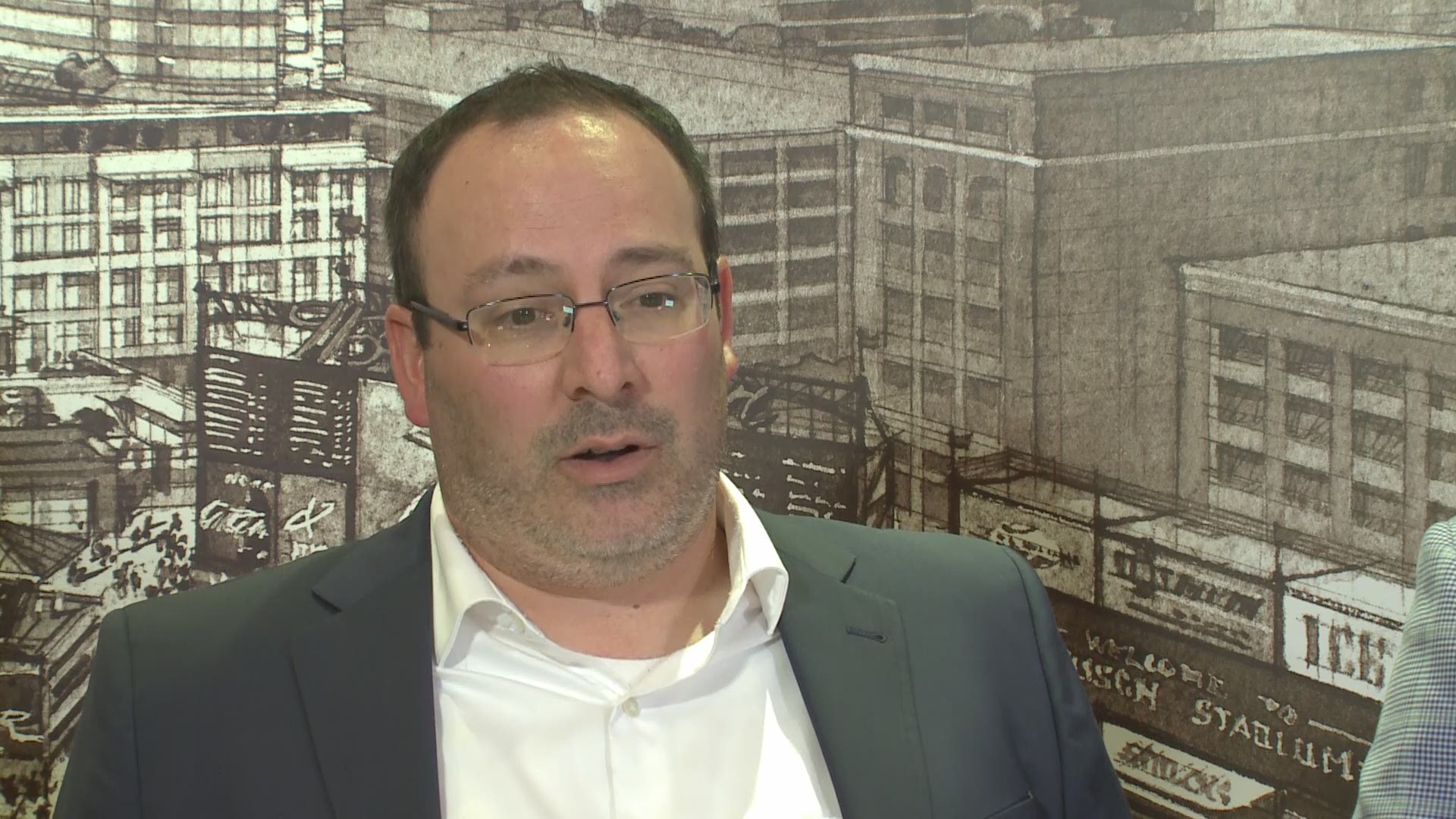ST. LOUIS — Two years after a deadly boiler explosion in Soulard killed four people, there's some closure for the victims.
We're learning more about a $47 million dollar global settlement reached between all of the defendants and plaintiffs.
The biggest portion of that payout, $21 Million dollars, comes from the manufacturer of the boiler. Arise Incorporated, which acted as consultants to inspect the boiler, will pay out $17.5 million.
Loy Lange will be paying $4 million, while a company that made faulty repairs to the boiler agreed to pay $728,000.
The settlement is a big victory for the plaintiffs. But many industry experts are still worried that regular inspections are not being done and this type of tragedy could happen again.
On the morning of April 3, 2017, a boiler at the Loy-Lange Box Company exploded, launching debris the size of a full-sized van more than 500 feet away. That debris came crashing through the roof of Faultless Healthcare Linen.
Three of those who lost their lives were on their first day on the job at Faultless.
"It's the first chapter of a healing process," Brad Wilmoth, attorney for two of the plaintiffs. "Now this case is done, the survivors, the injured folks can move forward and find some relief as best they can."
The lawsuits settled this week included four wrongful death suits, three personal injury cases and two property damage cases.
"Anytime you lose a loved one, it's difficult. If you lose a loved one due to what is the negligence of others, it makes it even more difficult," said Wilmoth. "There's associated anger with losing a loved one. And here you have targets for that anger."
Wilmoth represents just one of the seven attorneys that helped obtain the $47 million dollar settlement.
They say the problems with the boiler started with its design, which allowed corrosion on the vessel. They say inadequate water chemistry treatment, a lack of inspections and a faulty repair also led to the explosion.
"It was a matter of time before this was going to happen," said Tim Cronin, attorney for eight of the plaintiffs. "They had a chance to fix it in 2012, and then they put something that was already dangerous right back into service, in a continuing dangerous condition."
Last April, the I-Team was told the city of St. Louis did not inspect the Loy-Lange boiler. City leaders told Five On Your Side the city allows nearly anyone with a boiler to self-regulate as long as they employ an engineer on-site.
It's something one whistleblower, a certified boiler inspector for 40 years, said needs to change to protect the safety of the public. He asked not to be identified out of fear of retaliation.
"To ensure these boilers and pressure vessels are safe, they need to be inspected on a regular basis," said the boiler inspector. "If you're not doing your job inspecting vessels and boilers, it's just sitting there like a ticking time bomb. Like at Loy-Lange. It's an unfortunate thing."
Yet, this whistleblower says the city appears to have recently stepped up efforts to inspect some boilers in the two years since the tragedy.
"There's a few places I know of personally that every year for the last 15 years it was kind of standing joke, that 'Did you call the city of St Louis, and did the inspector ever show up?' And every year it was 'No, no, no'. And this year they actually showed up. So something has changed with the city."
There has been a push for the state to take over boiler inspections, but it's unclear if that's going to happen anytime soon. St Louis would have to cede its boiler inspection code and lose revenue from inspection fees.
The city didn't return 5 On Your Side's request for more information on changes to their boiler inspection protocol.


